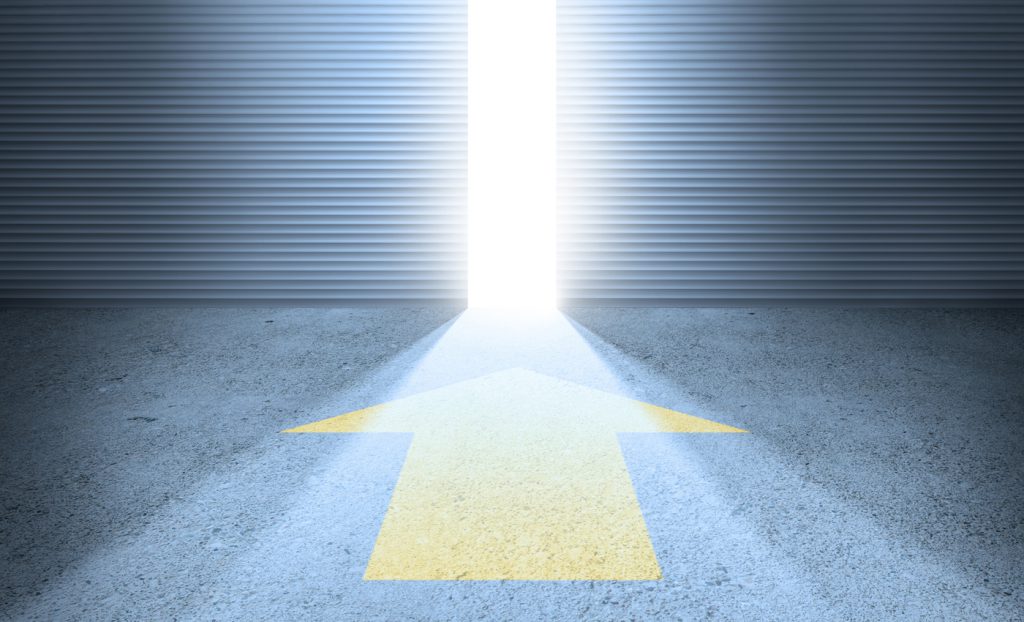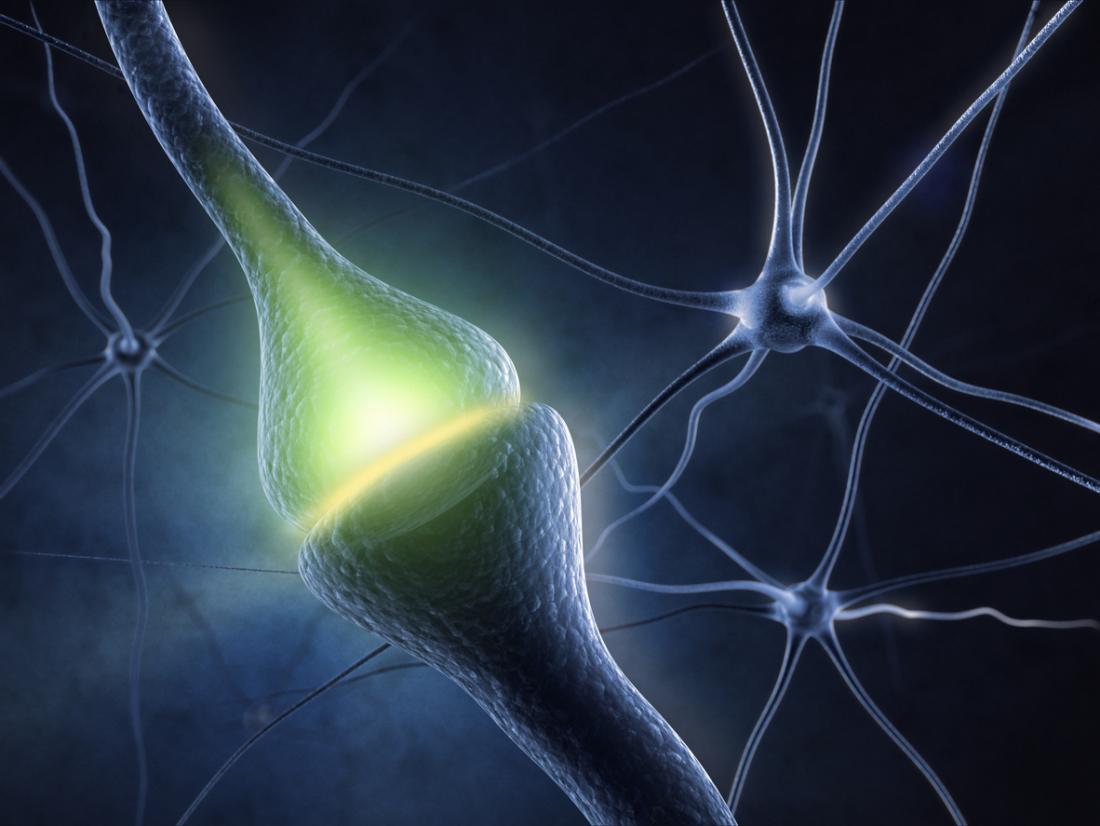
Above all, it allows us to settle accounts with the contemporary-that is, “postmodern”-version of this idea, which descends from a noble lineage and complicated family tree. The phenomenon of “false recognition” allows us to decipher critically the fundamental idea of every philosophy of history: the end, the exhaustion, or the implosion of history itself. To her eyes, the historical scansion of events is suspended or paralyzed the distinction between before and after, cause and effect, seems futile and even derisory. The individual at the mercy of the déjà vu is her own epigone. They are dumbfounded spectators, sometimes ironic and often inclined to cynicism. Or, better, they become spectators of their own actions, almost as if these were part of an already-known and unalterable script. It is impossible to change something that has taken on the appearances of memory. Since the present is dressed in the clothes of an irrevocable past, these people must renounce any influence on how the present plays out. This means apathy, fatalism, and indifference to a future that seems prescribed even down to the last detail.

The state of mind correlated to déjà vu is that typical of those set on watching themselves live. Twin Eiffel Towers appear when seen from the Oculus Rift Google street viewer. As Henri Bergson put it in “Le souvenir du Présent et la Fausse Reconnaissance”: “ We feel that we choose and will, but that we are choosing what is imposed on us and willing the inevitable.” 2

The consequence is a troubling one: every act and every word that I say and do now seems destined to repeat, step by step, the course that was fixed back then, without the possibility of omitting or changing anything. The present and the pseudo-past, which have the same perceptual and emotional content, are indistinguishable. But what can “remembering the present” mean, except having the irresistible sensation of having already experienced it previously? Inasmuch as it is an object of memory, the “now” is camouflaged as the already-been, and is thus duplicated in an imaginary “back then,” in a fictitious “other-then.” It goes without saying that between the current event, considered a mere repeat, and the phantom original prototype, there is no mere analogy, but rather the most complete identity. Rather than limit itself to preserving traces of times past, memory also applies itself to actuality, to the evanescent “now.” The instantaneous present takes the form of memory, and is re-evoked even as it is taking place. Rather, it means the untrammelled extension of memory’s jurisdiction, of its dominion.

As such, we could also describe déjà vu in terms of “false recognition.”ĭéjà vu does not entail a defect of memory, nor its qualitative alteration. We believe that we are recognizing something of which we are only now cognizant. We mistake the current experience for the very faithful copy of an original that never really existed. We believe that we have already experienced (or seen, heard, done, etc.) something that is, in fact, happening for the first time at this very moment. Rather, here we have an only apparent repetition, one that is entirely illusory. When psychiatrists refer to déjà vu, they do not mean a known event of the past playing out again, accompanied by either euphoric amazement or bored condescension.


 0 kommentar(er)
0 kommentar(er)
